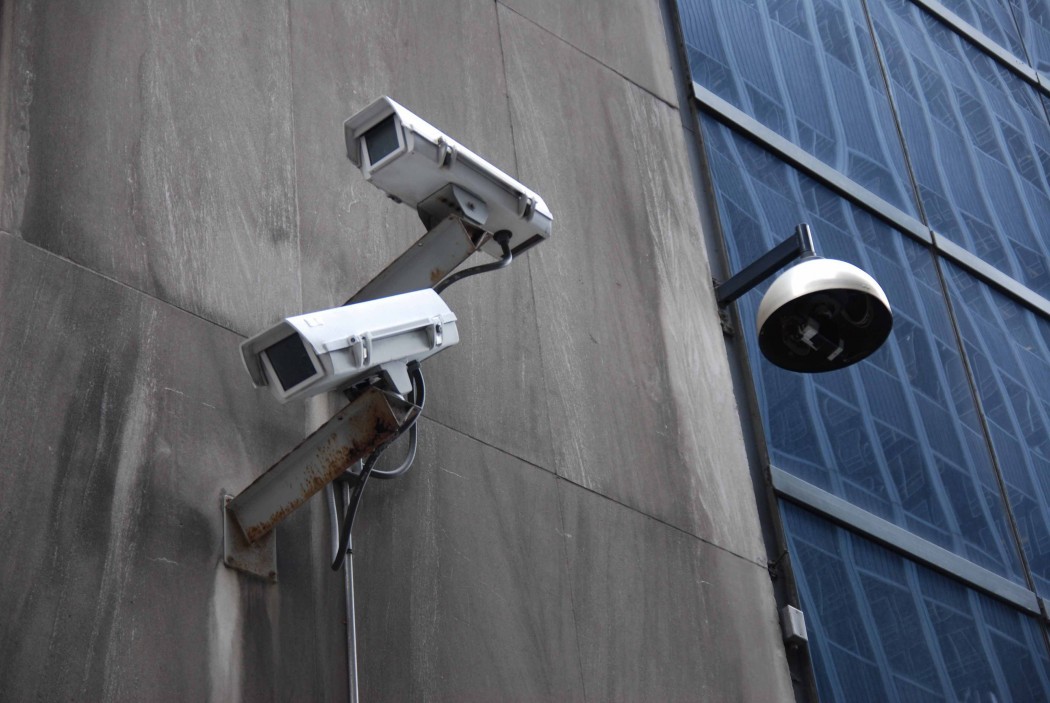The Commissioner on Interception of Communications and Surveillance has censured law enforcement agencies for lacking diligence and professionalism, disregarding the spirit of the surveillance law, and for possible intentions to conceal mistakes when carrying out covert operations.
Mr Justice Azizul Suffiad released last week his first annual report as the commissioner. The report summarised the commissioner’s findings on nine cases of non-compliance or irregularities in 2015 and two outstanding cases from 2014.

Under the Interception of Communications and Surveillance Ordinance, the head of any law enforcement agency (LEA) is obliged to report to the commissioner any cases of irregularity and non-compliance with the legal requirements, such as a failure to obtain warrants.
‘Totally unacceptable’
In a case of non-compliance in 2014, an LEA conducted a four-day interception of the wrong facility without authorisation. An officer was found to have retrospectively signed a verification form that should have been submitted to the court for authorisation, while another made an incorrect statement supporting the application for an interception of another facility.
The LEA in question concluded that no breach of legal requirements was involved as the series of mistakes were not intentional but caused by a “lack of vigilance” by the officers.
Suffiad criticised the lack of vigilance as “totally unacceptable” and a “total disregard of the spirit” of the surveillance law.
He also slammed the impugned LEA for its “selective and piecemeal approach” in conducting the internal investigation, which was “highly undesirable… and not conducive to the review of the case.”

“It was greatly disappointing to note from the reports that quite a number of the LEA officers were so forgetful and not being able to recall or recollect the details of various important events in relation to the case. Also, the officers gave different or even contradictory versions of explanations,” the commissioner wrote.
He further criticised the officers for their “lax attitude” and failure to preform their duties with “prudence, diligence and professionalism.” The LEA recommended three verbal warnings and five written warnings against the officers concerned.
‘Possible intention to conceal incident’
The commissioner also received nine reports of non-compliance or irregularities in 2015. They include a “careless” failure to include certain information in an application for authorisation – which was granted regardless – and a delay in preserving recordings from an interception operation due to an officer’s misunderstanding of the guidelines.
In a case concerning a covert operation on a meeting outside the ambit of prescribed period, Suffiad criticised a supervisor responsible for the operation for his “lax attitude” and failure to perform his supervisory role. The unauthorised operation lasted for eight minutes.
“The contradictory statements made by the officer-in-charge and the immediate supervisor also cast concern on whether the latter had any intention to conceal the potentially unauthorised covert surveillance,” Suffiad wrote.

He expressed concern that there lacked a mechanism to ensure the timely reporting and monitoring of covert operations by the law enforcement agents, which might lead to “grave consequences.”
The law defines interception as the carrying out of intercepting acts of any communications. In 2015, there were a total of 1,430 written applications for interception, of which 1,428 were granted and two were refused by the panel judges. The longest approved duration was 44 days, while the shortest one was for several days. The average duration was about 30 days.
The applications were mainly made to investigate cases relating to drug trafficking, triad societies, bribery and robbery.
Surveillance is defined as any surveillance carried out with the use of tracking devices, listening devices, data surveillance devices or optical surveillance devices.
There were 50 applications for surveillance in 2015, 37 of which were applications for a more intrusive type of surveillance. The applications mainly involved offences relating to bribery, organised crimes and forcible detention.
